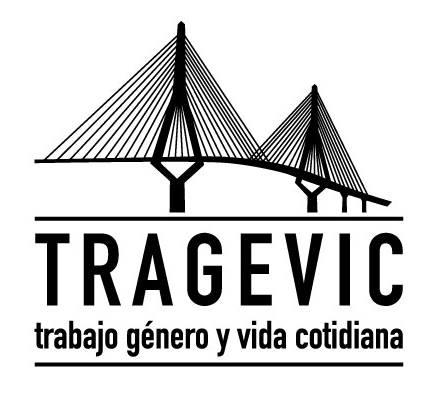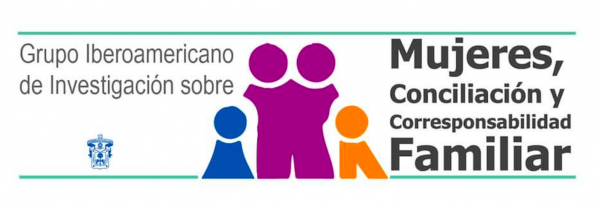Allies
 The Ibero-American Research Network on Work, Gender and Daily Life brings together researchers from different disciplines whose analysis focuses on productive and/or reproductive work, on the relations between both types of activity, on their conditions of exercise, and on the repercussions that these relations and conditions have on daily life.
The Ibero-American Research Network on Work, Gender and Daily Life brings together researchers from different disciplines whose analysis focuses on productive and/or reproductive work, on the relations between both types of activity, on their conditions of exercise, and on the repercussions that these relations and conditions have on daily life.
The geographical scope of the Networks’s activities corresponds to Argentina, Brazil, Chile, Costa Rica, Cuba, El Salvador, Mexico, Peru, Portugal, Spain and Uruguay. The members who participate in the initial composition of the Network carry out their academic and/or research activity in one of these countries. However, this geographical scope may be extended to other countries related to the purposes and objectives of the Network, accepting new applications to join the Network.
The network seeks to reflect on:
- Working conditions
- Meaning and value of the work
- Employment conditions, unemployment and precariousness
- Social protection of the worker
- Inequalities in employment
- Gender violence in the workplace.
- Gender wage gap
- Reconciliation of work and family life
- Gender inequalities in employment and time use
- Social organization of care
- Public policies in favor of gender equality and for the development of the welfare of dependent persons
For more information: http://www.redtragevic.com/web/
The UNESCO Regional Chair “Women, Science and Technology in Latin America” was created in 2001 based on the recommendations of Foro Regional Mujeres, Ciencia y Tecnología en América Latina (Bariloche-Argentina, 1998) and the World Conference “Science for the 21st Century: Towards a New Commitment” Budapest- Hungary, 1999). Its main objective is to promote conditions that ensure gender equality in scientific, technological development and innovation (STI) through:
- The full participation of women and men in education and work in these fields.
- The integration of gender analysis and the gender dimension in scientific research, technological production and innovation.
- The transformation of institutional cultures, processes and practices.
- The questioning of gender stereotypes, attitudes, norms and values about women and men in STI.
- The design of public and private sector policies and programs, supported by evidence of the benefits of gender equality in STI.
For more information: https://www.catunescomujer.org
 El Grupo Iberoamericano de Investigación Mujeres, Conciliación y Corresponsabilidad (GIIMCCO), está constituido por investigadoras e investigadores de trece instituciones de educación superior de México, Perú, Chile, España, Costa Rica y Ecuador, que tienen como objetivo el análisis de las políticas públicas e institucionales que enmarcan las «situaciones» de las mujeres profesionistas que trabajan: derechos de maternidad, políticas laborales, de evaluación de desempeño, etc. Así como también el analizar las experiencias vividas por mujeres directivas y académicas dedicadas a la investigación en el marco de esas realidades institucionales. El grupo se enmarca en el Espacio de Mujeres Líderes en Instituciones de Educación Superior de las Américas (EMULIES), programa de la Organización Universitaria Interamericana OUI.
El Grupo Iberoamericano de Investigación Mujeres, Conciliación y Corresponsabilidad (GIIMCCO), está constituido por investigadoras e investigadores de trece instituciones de educación superior de México, Perú, Chile, España, Costa Rica y Ecuador, que tienen como objetivo el análisis de las políticas públicas e institucionales que enmarcan las «situaciones» de las mujeres profesionistas que trabajan: derechos de maternidad, políticas laborales, de evaluación de desempeño, etc. Así como también el analizar las experiencias vividas por mujeres directivas y académicas dedicadas a la investigación en el marco de esas realidades institucionales. El grupo se enmarca en el Espacio de Mujeres Líderes en Instituciones de Educación Superior de las Américas (EMULIES), programa de la Organización Universitaria Interamericana OUI.